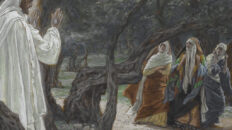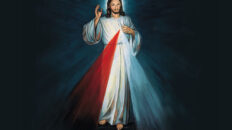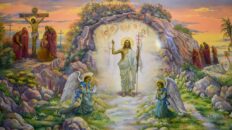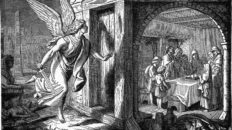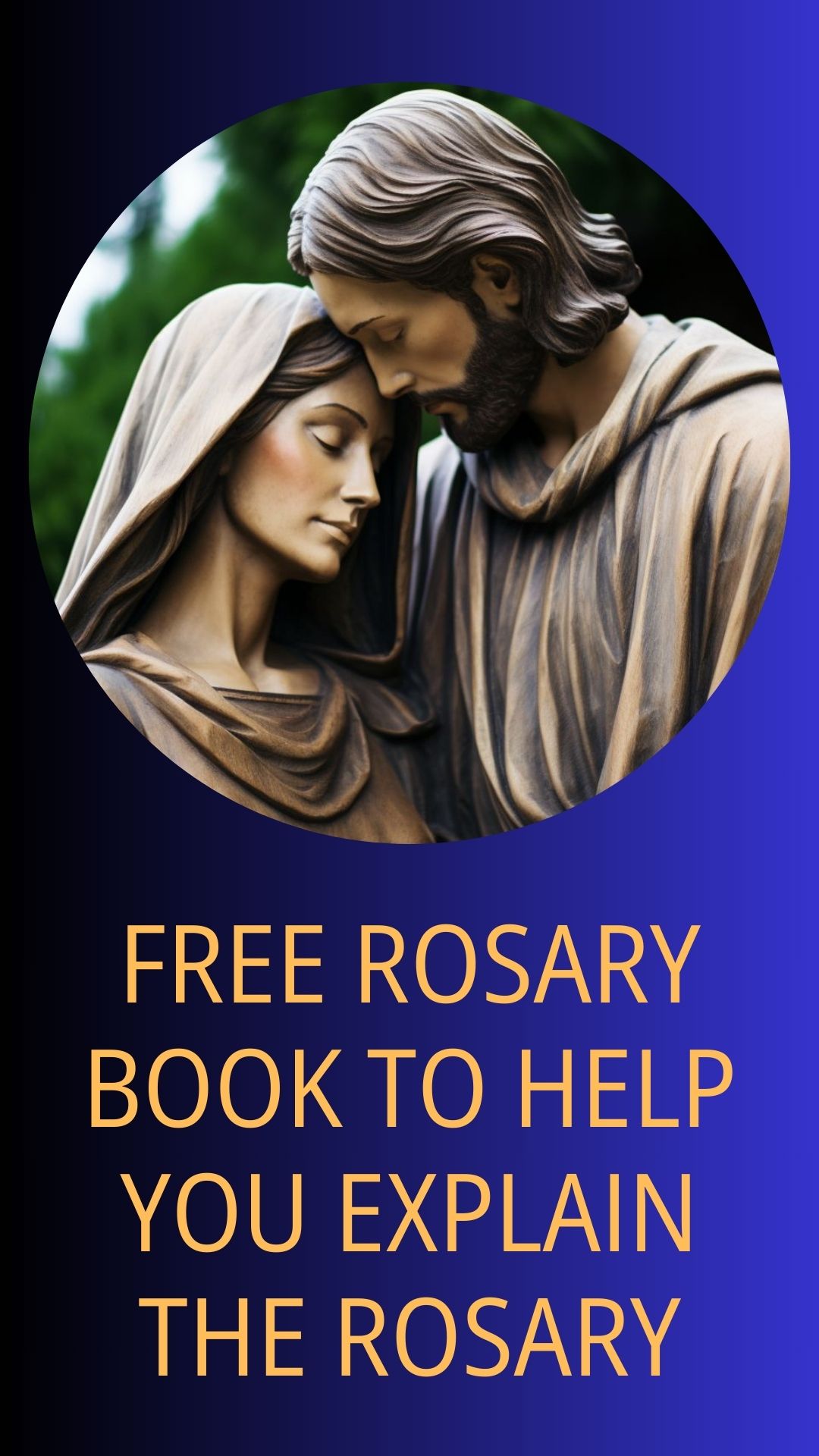THEME: DIVINE LOVE
READINGS: Deuteronomy 7:6-11/ 1 John 4:7-16/ Matthew 11:25-30
Solemnity of the Most Sacred Heart of Jesus
We see inscriptions like, “I ♥ Liverpool”, “I ♥ my church”, etc. in which the heart symbol translates as love. In essence, the heart signifies love. Hence, the heart symbol in the Sacred Heart picture signifies the love of Jesus Christ, and the Solemnity of His Most Sacred Heart is a celebration of His love.
Through His incarnation (i.e. becoming human), His earthly life and ministry, Christ has loved us. His love for us was climaxed in His suffering and death. Hence, on the eve of His passion, Christ said: “Greater love has no one than to lay down his life for his friends” (John 15:13). By extension, this solemnity is a celebration of God’s love or Divine Love.
DIVINE LOVE IS FOR ALL
God’s love is universal: it is for all humanity. The fullness of this universal love is enjoyed through Jesus Christ. Thus, Jesus Christ Himself assures us: “For God so loved the world that He gave us His only Son that whoever believes in Him may not perish but have eternal life” (John 3:16). Indeed, God loves all and He wants everyone to be saved (cf. 1 Tim. 2:4).
Therefore, if someone misses salvation, it does not mean that God’s love is insufficient. It rather means that he/she refused to accept God’s love. To illustrate this, imagine a case, whereby a deceased loving parent left behind a written will in which he/she included every child in the equitable distribution of his/her wealth, but a son (for a personal reason) decides not to enjoy his share of the inheritance. In this case, we cannot blame the deceased parent for not being loving enough. Similarly, if some people are not saved, it is not because God’s love is limited, but because they chose to reject God’s love.
RESPONSE TO DIVINE LOVE
The unfathomable Divine Love calls for our loving response. This is symbolized by the extension of the open hands of Jesus in the Sacred Heart picture. Our response is, first and foremost, through faith (cf. Eph. 2:8). However, to prevent our faith from being a mere interior conviction or an empty profession, we should express it in good works, particularly, in the love of our neighbour. Thus, the second reading admonishes us to love others as a response to God’s amazing love for us: “Whoever does not love does not know God, for God is love. God’s love was revealed among us in this way: God sent His only Son into the world so that we might live through Him. In this is love, not that we loved God but that He loved us and sent His Son to be the atoning sacrifice for our sins. Beloved, since God loved us so much, we also ought to love one another” (1 John 4:8-11).
A LITANY OF GOD’S LOVE
Let me wrap up this message on Divine Love in the form of a litany:
- Why did God create us? Response: Because of His love!
- Why does God overlook our sins? Response: Because of His love!
- Why does God repeatedly call us to repentance? Response: Because of His love!
- Why does He forgive our sins? Response: Because of His love!
- Why does He save us? Response: Because of His love!
- Why has He given us His only begotten Son? Response: Because of His love!
- Why did God’s Son die for us? Response: Because of His love!
- Why is the answer “love” to all these “whys”? Or, why does God so love us? Response: BECAUSE GOD IS LOVE!
Amen!
By Very Rev. Fr. John Louis


